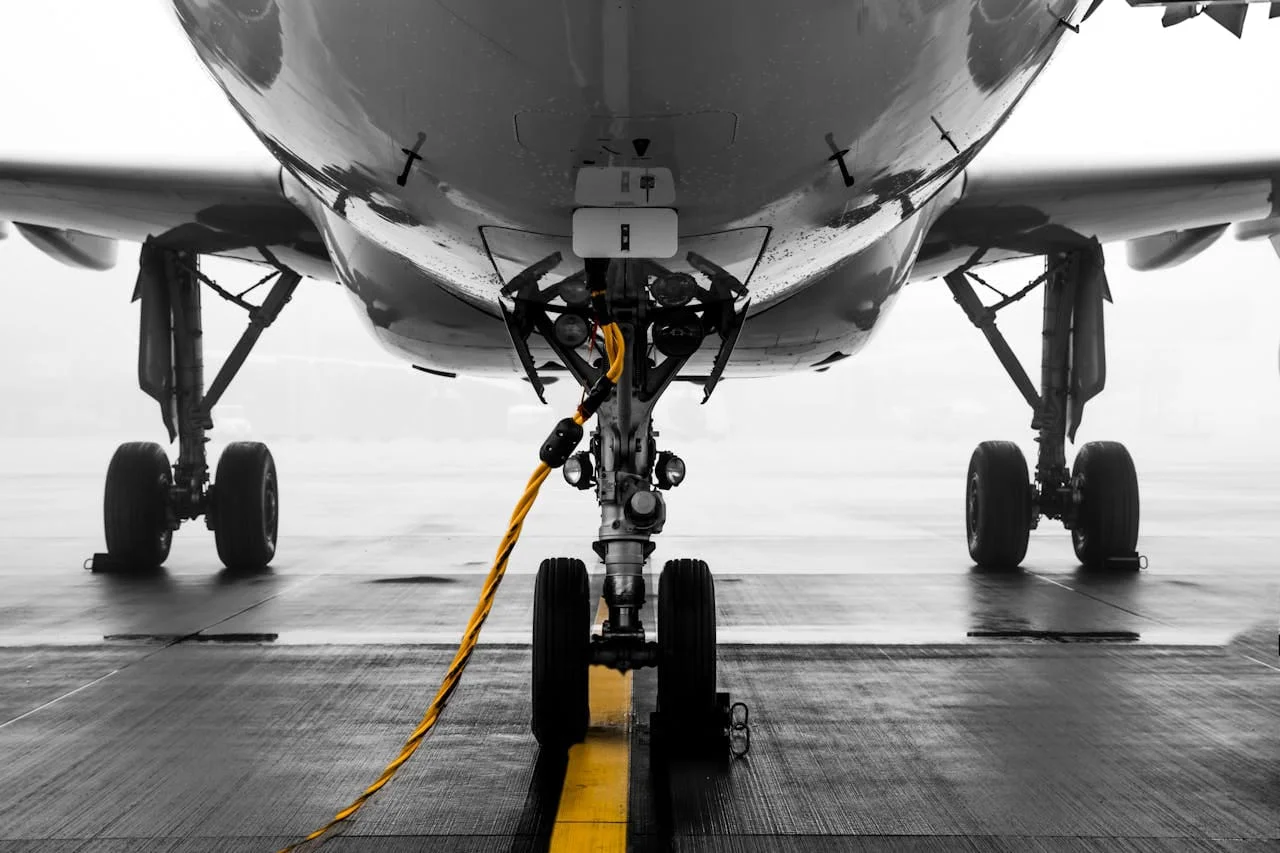Aircraft mechanics are essential to maintaining aviation safety. Their work necessitates a combination of technical expertise and understanding and goes much beyond basic repairs. A lot of people don’t know about the duties and complexity of this line of work. There’s a lot to learn about the specialized positions and odd work hours that these individuals have. The complexity of their work illustrates how essential they are to aircraft safety. These five unexpected facts about aviation mechanics can help you better understand this intriguing line of work.
Different Categories in Maintenance
The diverse specializations of aircraft maintenance mechanics are essential to the safe operation of aircraft. The electrical systems, such as those for communication and navigation, are managed by avionics experts. Ensuring the integrity of the fuselage, wings, and undercarriage is the primary concern of airframe engineers while designing an airplane. Maintenance and repairs to the engines are the responsibility of the mechanics who work on the aircraft’s power plant. A thorough education and certification program is necessary to become an AME, and particular licenses are required for each specialization. To guarantee dependability, these engineers have to abide by worldwide norms.
Not Your Average 9–5 Job
The hours that aircraft mechanics work are not regular, 9 to 5. To guarantee that the planes are prepared for takeoff, including on weekends, holidays, and at night, they frequently operate in shifts. Because unanticipated technological problems or emergencies may need extra hours, the work requires flexibility. Different obstacles arise every day, which adds interest and dynamicity to the task. This setting requires flexibility and rapid problem-solving abilities. The erratic schedule is necessary to keep aviation’s high standards of efficiency and safety. Working in this field necessitates being able to multitask and having a flexible schedule.
High Income
Because their work requires a great degree of competence and responsibility, aircraft mechanics are highly compensated. Compared to many other trades and technical positions, aviation mechanics typically earn far more money. Employers also frequently provide extensive benefits packages that include retirement plans, health insurance, and travel benefits. With more training and experience, mechanics can move into higher-paying management or supervisory positions. Aviation is a lucrative career choice since the industry values the experience of professional mechanics. Their ability to maintain financial stability is a testament to how vital their work is in maintaining aviation safety.
Analytical Thinking and Practical Work
Examining, fixing, and changing parts is only one of the physically demanding tasks aircraft mechanics do daily. In order to lift heavy aircraft components, this operation necessitates the use of a variety of tools and equipment, including pliers, wrenches, screwdrivers, and tripod jacks. In order to identify problems and come up with workable solutions, the profession also requires critical thinking and problem-solving abilities. As innovations and technology appear in the aviation sector, lifelong learning is required. Employment is interesting and fulfilling because it combines mental and physical tasks. To uphold the highest standards of efficiency and safety, mechanics need to be knowledgeable and proficient.
An Abundance of Paperwork
Much paperwork is handled by aircraft mechanics to record each repair and maintenance procedure. This paperwork guarantees adherence to strict aviation requirements and traceability. Maintaining the aircraft’s service history and making sure all legal and safety requirements are satisfied depends on accurate records. Comprehensive records are useful for monitoring the performance and state of different aircraft parts over time. Efficient documentation also makes it easier for various maintenance teams and regulatory agencies to communicate with one another. For this aspect of the work, strong organizational skills and painstaking attention to detail are required.
Conclusion
After reading this, you may have a greater appreciation for the essential work done by airplane mechanics. Their specialized knowledge, flexible schedules, and high pay emphasize how special their line of work is. They guarantee the efficiency and safety of airplanes by fusing practical work with critical thought. Their handling of copious amounts of documentation is essential to upholding good standards. When you fly next, bear in mind the hardworking technicians who maintain your aircraft in great shape. Everyone’s journeys are safe, thanks to their diligence and experience. Realizing their function helps you to appreciate how essential they are to aviation.

Doris Pollard, a mesmerizing wordsmith and experienced blogger, crafts narratives that carry readers into unexplored realms. Infused with insightful perspectives and vibrant storytelling, Doris’s mastery of language captivates both hearts and minds, making an enduring impression on the literary landscape.


**mitolyn official**
Mitolyn is a carefully developed, plant-based formula created to help support metabolic efficiency and encourage healthy, lasting weight management.